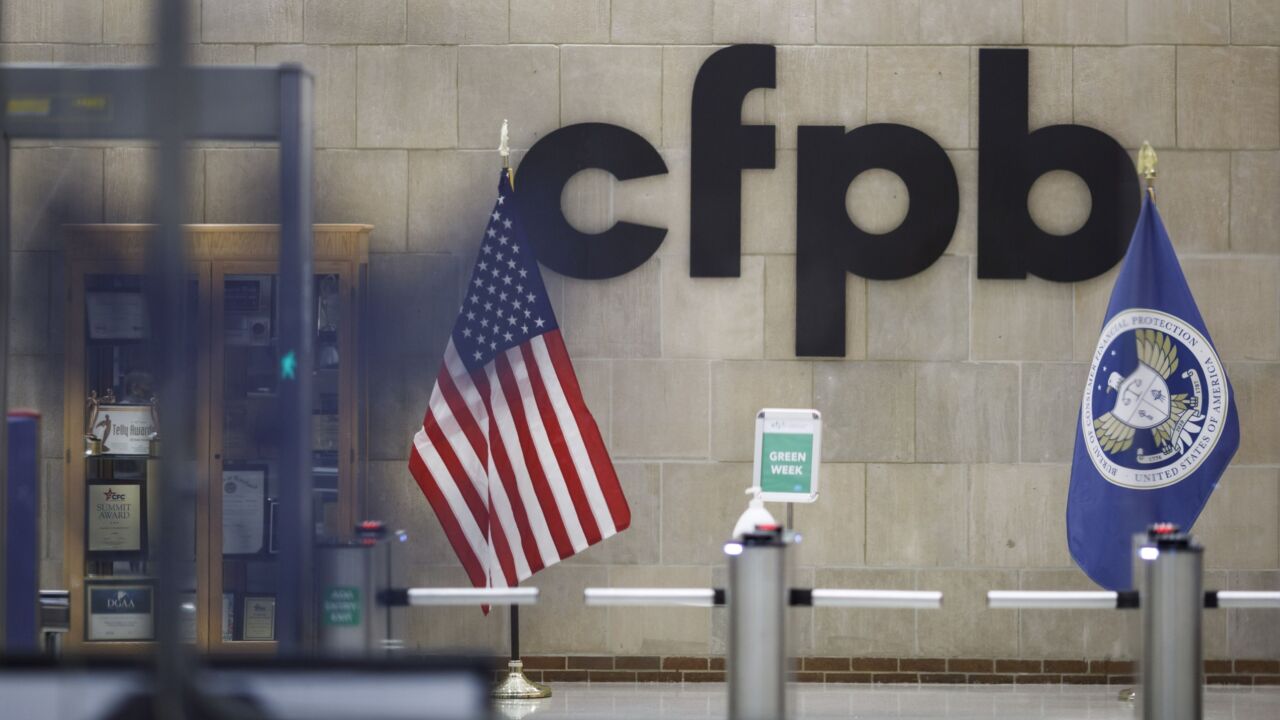Fuller transparency from lenders in the mortgage decision process and disclosure on disapprovals would help keep biases in check and take down
Lending clearly sees pigment when making decisions. To curb the discrepancies plainly occurring across race, the
With income as a controlled variable, African-Americans faced a 19% denial rate compared to 9% of white mortgage candidates, according to Clever's study using HMDA data from 1.7 million applicants from 2016. Additionally, 52% of African-Americans had no reason provided for their loan denial compared to 40% of white applicants.

"I think increasing transparency and disclosing as much information as possible is necessary in modern mortgage lending. Important metrics like credit score and debt-to-income ratio aren't required in lender disclosures, so it's difficult to run an analysis that includes all the complicated variables involved in mortgage lending," Eylul Tekin, a summer associate at Clever Real Estate and Ph.D. candidate at Washington University, said in a statement. "If lenders disclosed this data to the public, we'd have a very clear picture of where discriminatory lending occurs and how to combat it. Right now, the data is sparse."
Removing income as a control, Kansas had the lowest black approval rate at 50% with a 42 percentage point disparity to the white approval rate. South Carolina and Mississippi barely got above halfway at 51% each. Louisiana (58%) and Arkansas (59%) rounded out the five lowest states for African-American approval rates.
Only four states had higher approval ratings for black loan applicants than white ones. Vermont and Hawaii both had rates of 96% for African-Americans to 90% for whites, Idaho's were 93% and 92%, and Montana's were 85% and 84%.
Even when loan decisions end in a positive outcome, African-American applicants are 105% more likely to use high-cost mortgages — complete with higher fees and
Last August,





